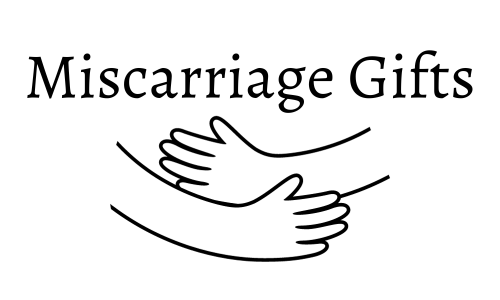Father’s Day is often marketed as a joyful celebration, filled with cards, barbecues, and social media tributes. But for fathers who have experienced a miscarriage, the day can feel profoundly isolating. Miscarriage grief is rarely discussed openly—especially for men, who are often expected to remain strong and silent.
But the truth is simple: a father who loses a child to miscarriage is still a father. This Father’s Day, whether you are grieving alone or with a partner, you deserve space to honor your baby and protect your emotional well-being.
1. Create Space to Feel Without Pressure
Grieving dads may feel pressure to hide their sadness or “move on.” If you're not ready to engage with Father’s Day traditions, give yourself permission to opt out. That might mean:
- Logging off social media for the weekend
- Politely declining Father’s Day gatherings
- Taking a quiet walk or day trip alone or with your partner
- Writing a private letter to your baby
Suppressing grief only delays healing. Even a few moments of reflection can help you reclaim the meaning of the day on your own terms.
2. Find a Tangible Way to Remember Your Baby
After a miscarriage, it can feel like there’s nothing left to hold onto. That’s why miscarriage memorial gifts—like a keepsake coin—can offer powerful emotional support.
Why a Miscarriage Memorial Coin?
A small, discreet miscarriage memorial coin fits in a wallet, pocket, or drawer. It serves as a personal reminder that your baby mattered, and that your role as a father is real. It can also anchor you during difficult moments—like holidays, anniversaries, or future Father’s Days.
Some fathers choose to carry the coin daily; others keep it in a special place, such as a bedside drawer or keepsake box. Either way, it becomes a private symbol of connection—something no one can take away from you.
3. Decide How (or Whether) to Share the Day
You may want to mark the day privately, or you may want to acknowledge it with your partner or family. There’s no right or wrong way—only what feels right to you.
Options for Shared Remembrance:
- Light a candle together
- Visit a special place where you once dreamed of taking your child
- Share a meal and talk about what you imagined parenthood would be like
- Gift your partner or yourself a matching miscarriage memorial item, such as jewelry or art
Some families also include symbolic gestures like placing an empty chair at the table or releasing a balloon or lantern.
If you choose not to participate in shared rituals, that’s okay too. Simply being present in your own way is enough.
4. Know Your Triggers and Plan Ahead
Father’s Day can bring unexpected emotional triggers, especially when surrounded by advertisements, celebrations, and well-meaning but unaware friends or relatives.
Common triggers may include:
- Social media posts about first-time fathers
- Seeing children who are the age your baby would have been
- Receiving “Happy Father’s Day” messages without context
- Pregnant family members or friends
How to protect yourself:
- Give yourself permission to avoid events that feel emotionally risky
- Tell a trusted friend what you’re going through so they can support you if needed
- Have a “backup plan” if you're attending an event (e.g., take your own car, arrange a short stay)
- Use grounding techniques like carrying your memorial coin, practicing deep breathing, or stepping outside
5. Know That Your Grief Is Valid
You may not have had the chance to hold your child, but that does not make your grief any less real. Miscarriage is not just a physical loss—it’s the loss of a future, of imagined moments, of unconditional love already forming.
Grief doesn’t follow a calendar, and it doesn’t disappear after one holiday. Whether it’s your first Father’s Day after the loss or your fifth, give yourself grace.
Final Thoughts
This Father’s Day, know that you are not forgotten. You are a father, even if the world doesn’t always recognize it. A simple act like carrying a miscarriage memorial coin can be a powerful way to honor your child and protect your heart.
You don’t need a big ritual or public acknowledgement. Sometimes, the quietest acts of remembrance are the most meaningful.
